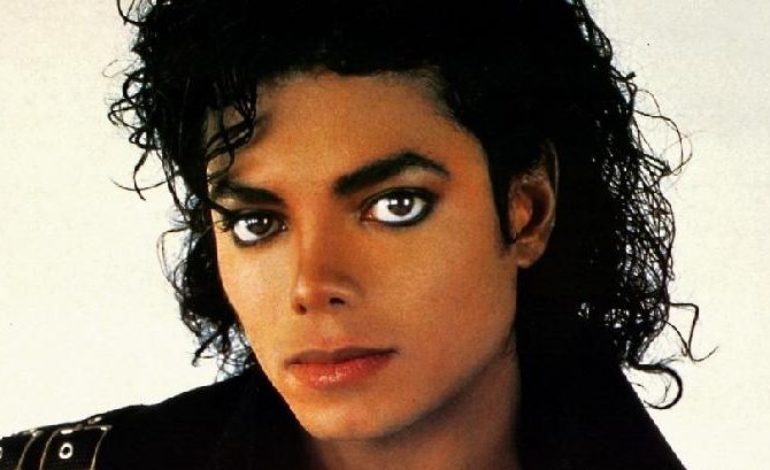

Critics do not know where to begin. Leaving Neverland is a documentary directed by Dan Reed that details two major pedophilia allegations against the pop icon, Michael Jackson. After a high profile acquisition of the film at Sundance, HBO plans to release the four-hour documentary in two parts. Leaving Neverland will make its cable premiere on Sunday, March 3 and continue onto Monday, March 4. The Jackson estate fiercely opposes the film and denies all abuse allegations in the documentary. The estate is suing HBO for $100 million in part to Leaving Neverland’s breach of a nondisparagement clause put in a contract with Jackson in the early 1990s.
In a review for the New York Times, Wesley Morris documents his process in trying to approach the film as a piece of journalism and art. Morris’ transparent review embodies the internal contradictions many are experiencing as they process the film. Earlier this January, Leaving Neverland made headlines for triggering audiences to walk out of the theater in droves during the film’s initial Sundance screenings.
Leaving Neverland functions as a testimonial of the Arvizo and Robson families, two high profile witnesses during Jackson’s abuse trial in the early 2000s. Both children are known for accusing Jackson in the infamous case. Leaving Neverland compels critics, fans, and audiences to grapple with their perceptions of celebrity, innocence, and abuse.
The controversy surrounding Leaving Neverland is important. In a post #Metoo society, why are so many amateur and professional audiences struggling with Leaving Neverland? Is it pity for the dead, or a desire to preserve cultural mythology? Jackson is not only an icon but also a cultural force. The singer overturned racist policies, became the most beloved artist in the world, and then deteriorated before our very eyes.
Do we believe the accusers? When should we hesitate to convict? How do we approach his art and describe his impact? What are the differences between Jackson and Brian Singer and Singer/Jackson from Bill Cosby? These questions seem outrageous in a post #Metoo society but Leaving Neverland demonstrates how complicated issues warrant complicated answers.
